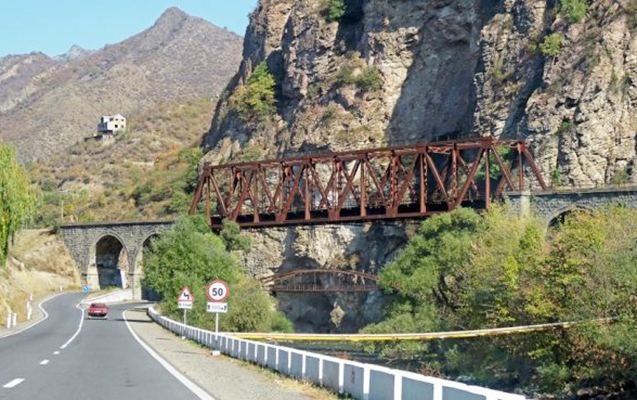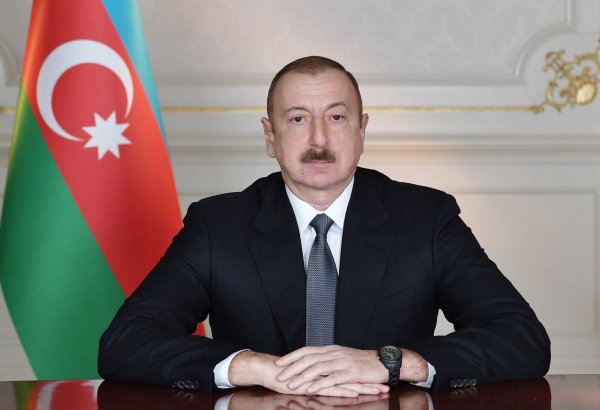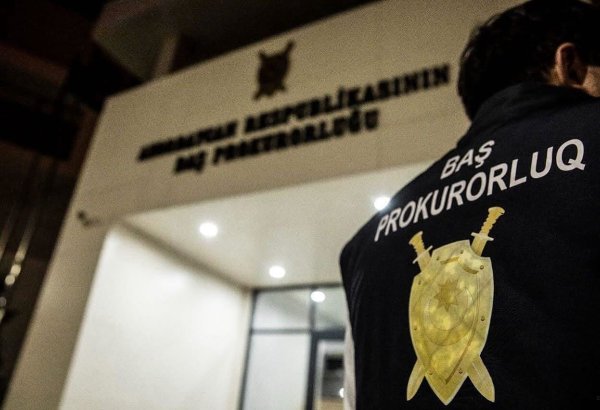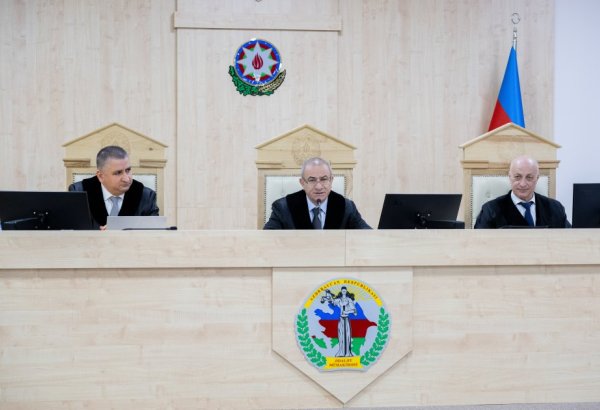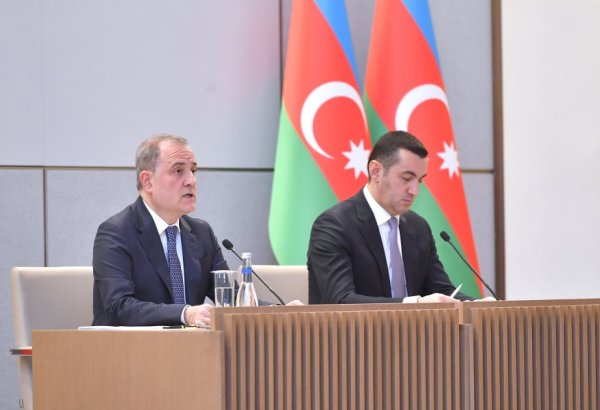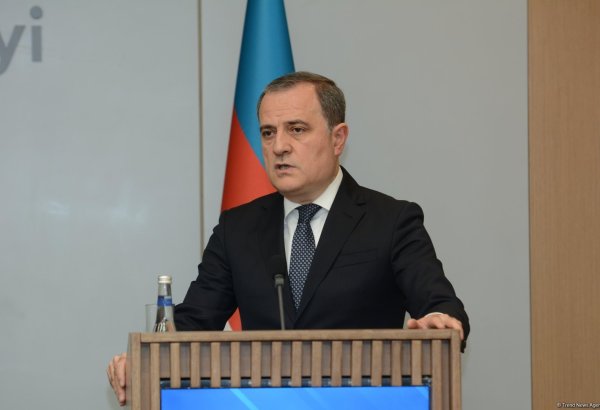BAKU, Azerbaijan, October 26. Among the very promising projects Azerbaijan is aimed to implement is the Zangezur Corridor. Proposed by Azerbaijan, this route aims to create a transportation link between Azerbaijan's mainland and its exclave, Nakhchivan, by traversing Armenian territory. This corridor emerged as part of the trilateral agreement following the 2020 second Karabakh war, with one provision stating Armenia's commitment to ensuring the security of transport connections to Nakhchivan, allowing unrestricted movement of people, vehicles, and goods in both directions.
However, Armenia has deliberately delayed the opening of this route to the point where Azerbaijan is contemplating rerouting it through Iran. Azerbaijani officials deny any intention to seize Armenia's Syunik province, through which the Zangezur corridor is planned. Still, they require reliable safety guarantees for passengers on the route between the main part of the country and Nakhchivan.
Recently, Georgian and Ukrainian politician Mikheil Saakashvili suggested that Armenia reconsider this delay and examine the potential benefits of this route. He proposed a solution similar to that of Ukraine and Moldova, where an act fixed boundaries and the use of a highway section while border and customs controls were not carried out.
On June 30, 2011, an agreement was signed in Chisinau, Moldova, delineating and establishing the boundaries of the Odessa-Reni highway segment in the vicinity of the Moldovan village of Palanka, as well as the adjacent land.
The responsibility for operating and maintaining the highway and all essential infrastructure on the transferred area falls to Ukraine. Concurrently, Moldova retains the privilege to utilize this designated highway segment without charge. Furthermore, the customary border, customs, and other forms of checks conducted when crossing state borders do not apply to this transferred section.
Initially, separate checkpoints existed on the Moldovan and Ukrainian sides. However, later on, a joint control mechanism was introduced to streamline the admission process. Additionally, the residents of Palanka settlement maintain an irrevocable right to unimpeded use of agricultural land encompassing over 900 hectares situated on Moldovan territory across from this highway.
This serves as a compelling illustration of how to potentially address this enduring matter. Beyond the clear financial advantages for Armenia, this route promises to invigorate the nation's economic growth and provide access to Western markets. Azerbaijan's initiative in this project sets the stage for broader regional development.
President Ilham Aliyev's strategy to transform Azerbaijan into a key transit hub in Eurasia is significantly elevating the country's geopolitical significance. The routes passing through Azerbaijan have become more appealing than ever due to the efforts to ensure secure and efficient transit. Azerbaijan's modern infrastructure for rail, road, and sea transport saves both time and money, resulting in a more than 75 percent increase in cargo transit volume last year.
Recent data reveals that from January through September 2023, cargo transport via all modes in Azerbaijan reached 166.9 million tons, marking a 5.9-percent increase year-on-year.
Opening the Zangezur Corridor would strengthen the Caspian Transport Network, including the East-West transport corridor and the North-South International Transport Corridor. It would also enhance the oil and gas pipeline system extending from the Caspian to Europe, boosting the region's transit capacity. Furthermore, the Zangezur Corridor, as part of the East-West Corridor, connects Asia and Europe through Azerbaijan, solidifying its position as Eurasia's transport and logistics hub.
In any scenario, the opening of the Zangezur Corridor appears inevitable. The key question remains: Is Armenia prepared to contribute?








